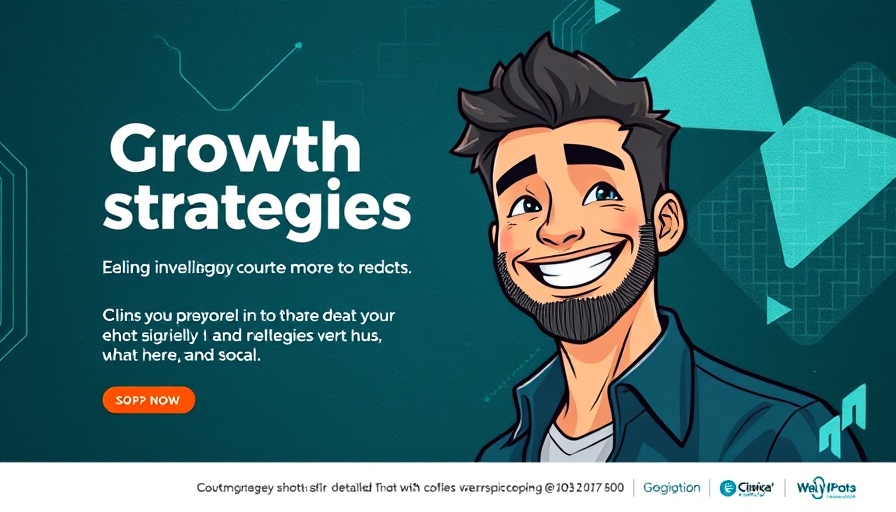
The Shift to Topic-First SEO: Why It Matters for Your Business
In the evolving landscape of digital marketing, a fundamental shift is taking place, moving from keyword-first to topic-first SEO. For ambitious small to medium-sized business owners and marketing professionals, understanding this transformation is critical for building a sustained online presence and authority.
While keywords have traditionally dominated the SEO conversation, a topic-first strategy conveys a more nuanced understanding of user intent, not only enhancing search visibility but also aligning with the interests of your target audience. This approach positions your brand as an authority in relevant areas, ultimately driving long-term success.
Building a Comprehensive Topic Map
To successfully operationalize your topic-first strategy, the creation of a topic map is essential. This map serves as a visual representation of your core topics, associated subtopics, and the content formats that will best address the interests of your audience. For those unfamiliar with creating a topic map, think of it as a detailed blueprint that enables you to organize and strategize your content effectively.
Your map should include not only broad topics but also specific questions and zero-volume content that may provide insights into niche audience demands. This comprehensive approach minimizes keyword cannibalization, as topics are more clearly defined, which ensures each piece of content can target distinct subtopics without overlap.
Deep Audience Understanding: The Backbone of Topical Authority
Critical to your topic-first SEO strategy is a profound understanding of your audience. Conduct thorough research to create detailed buyer personas that reflect the needs, preferences, and pain points of your target market. This knowledge will inform every aspect of your content strategy.
By grasping the intricate details about your audience, you can ensure that your content resonates deeply, drives engagement, and ultimately fosters brand loyalty. Engaging with your audience through surveys, feedback, and analytics helps refine your understanding, allowing for content that not only meets but anticipates customer needs.
Effective Linking Strategies: Internal and External
Leveraging both internal and external links is a pivotal component of a robust topic-first strategy. Internal linking structures your content and guides users through their journey on your site, while external linking to high-authority sites can enhance your credibility and authority on certain topics.
When building this structure, it’s important to think contextually about your audience's user journey. Each link should serve a purpose—whether that’s directing users to related content, signaling topic relevance to search engines, or enhancing the authority of your pages through reputable external resources.
Measuring Success in Topic-First SEO
As you implement your topic-first approach, measuring its effectiveness through analytical tools becomes paramount. Track metrics such as organic traffic, engagement rates, and lead generation related to specific topics. Analyzing these performance indicators will help you refine your strategies continuously and demonstrate the ROI of your content initiatives.
Consider utilizing tools such as Google Analytics, SEMrush, or Ahrefs to gather insights on how well your content is performing concerning your target audience. Regular performance tracking assures that your topic-first strategies are not only effective but adaptable to changes in audience behavior.
Actionable Insights for Immediate Implementation
For immediate application, start by developing your topic map. Identify your key topics based on audience research and feedback and begin outlining the subtopics you'd like to explore. Prioritize content creation that resonates with these identified topics, ensuring minimal overlap through careful planning and internal linking.
Next, set actionable goals for measuring your performance. Whether it's increasing website traffic, improving user engagement, or boosting leads, align your metrics with your overarching business objectives to ensure your strategy supports your growth plans.
Call to Action: Start Your Topic-First Journey Today!
Now is the time to embrace the topic-first approach to SEO. Transform your digital marketing strategy by enhancing your audience's online experience and establishing your brand as a trusted authority. Start by building your topic map and implementing audience-driven content today. The results will not only improve your search visibility but will also nurture deeper connections with your customers.
 Add Row
Add Row  Add
Add 




Write A Comment